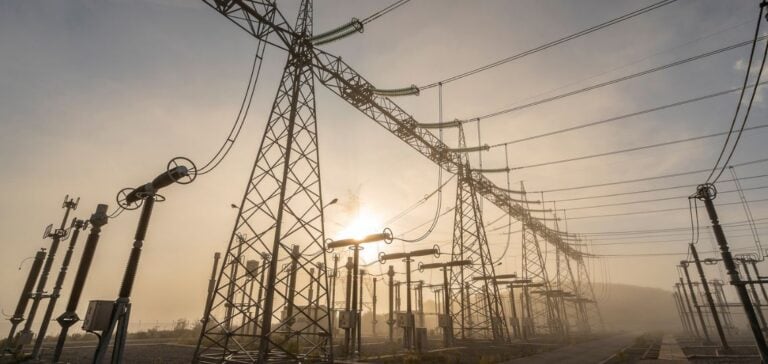The Energy Ministers of Greece, Romania and Bulgaria have decided to take concerted action to address the shortcomings of the single electricity market in South-East Europe.
These countries, although connected to the central European electricity grids, are experiencing regular price rises due to a lack of transmission capacity and increased demand during the summer months.
This situation highlights the limits of energy integration as currently conceived by the European Union (EU).
Theodore Skylakakis, Greek Minister of Energy, argues that the EU’s unified market model is not adapted to the realities of the region.
He announces that Greece, along with Romania and Bulgaria, is working on a plan to establish a permanent intervention mechanism.
This mechanism would be triggered automatically in the event of extreme prices, when supplies from Central European networks to the South-East are insufficient to meet demand.
Transmission infrastructure challenges
Electricity interconnections in South-East Europe are insufficient to efficiently transport energy from major European markets to the region.
This structural weakness creates price imbalances that have a direct impact on businesses and consumers alike.
Although these countries have invested heavily in renewable energies to reduce their dependence on imported fossil fuels, this does not compensate for the lack of transmission capacity and the inefficiency of regional markets.
Greece, for example, despite a significant proportion of its electricity coming from solar and wind farms, suffers from price volatility due to its limited connection with other European markets.
Dependence on current interconnections and favorable climatic conditions highlights the challenges of regional energy integration.
Strategic positioning and policy implications
This tripartite initiative could not only stabilize prices in the region, but also set a precedent for other EU member states seeking to address the failings of the single market.
Indeed, by proposing a regional solution, Greece, Romania and Bulgaria are sending a strong message to European decision-makers about the need for a more flexible approach tailored to local realities.
Greek Prime Minister Kyriakos Mitsotakis plans to send a letter to the European Commission this week, stressing the importance of reforming the current electricity market framework.
This political move is part of a wider strategy to strengthen the region’s energy resilience and reduce the economic impact of price fluctuations.
Greece has already extended a windfall profits tax on energy companies to support consumers, a measure that remains temporary in the absence of a structural solution at European level.





















